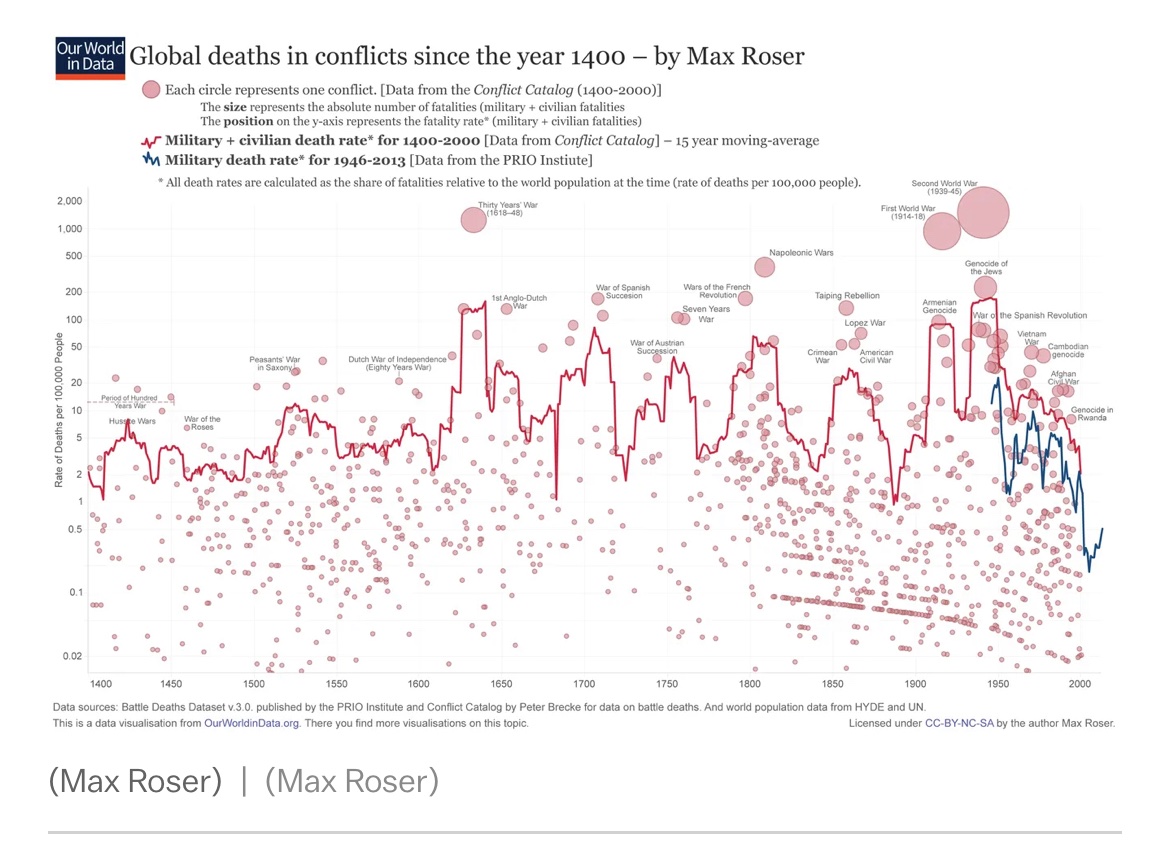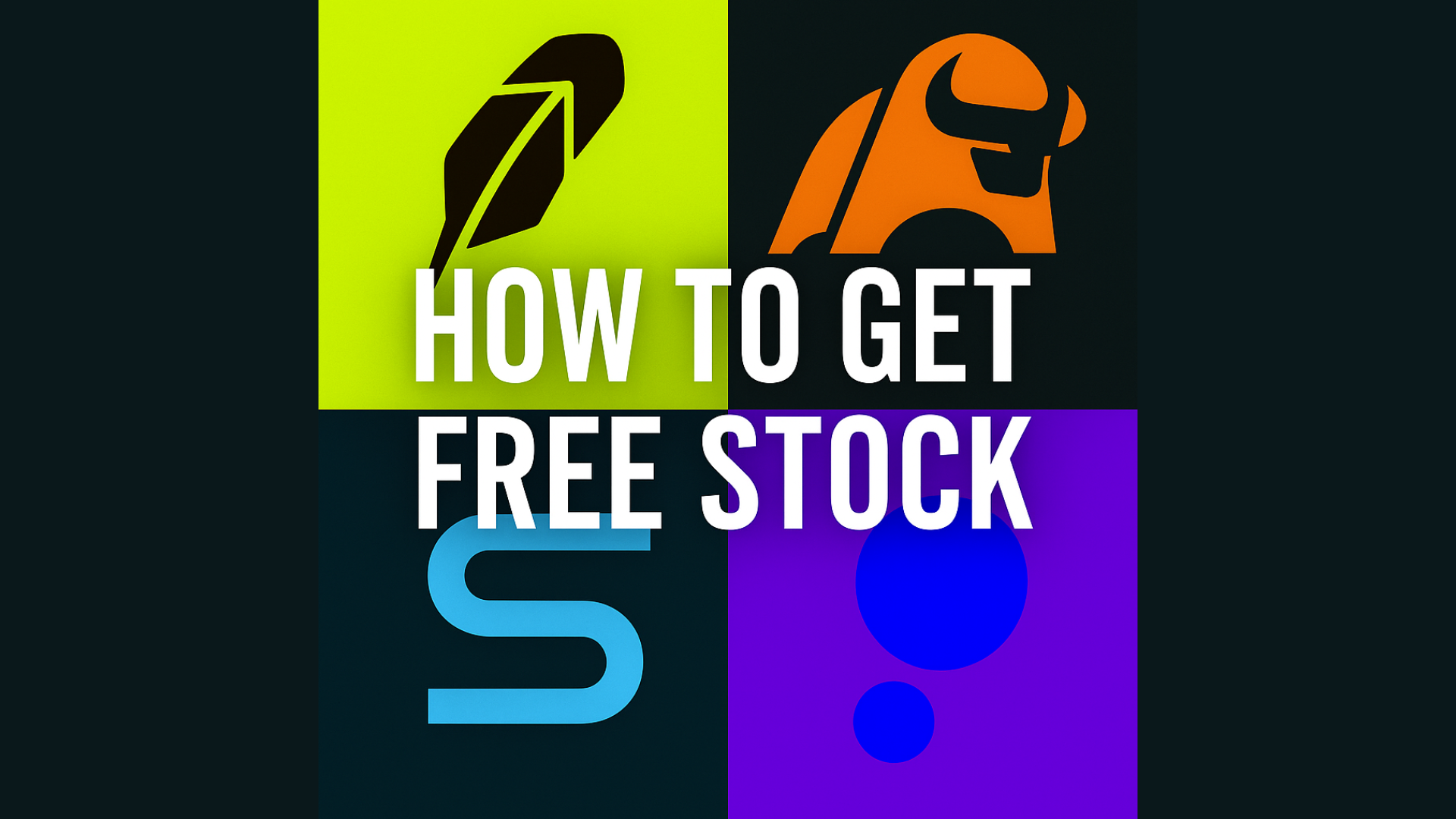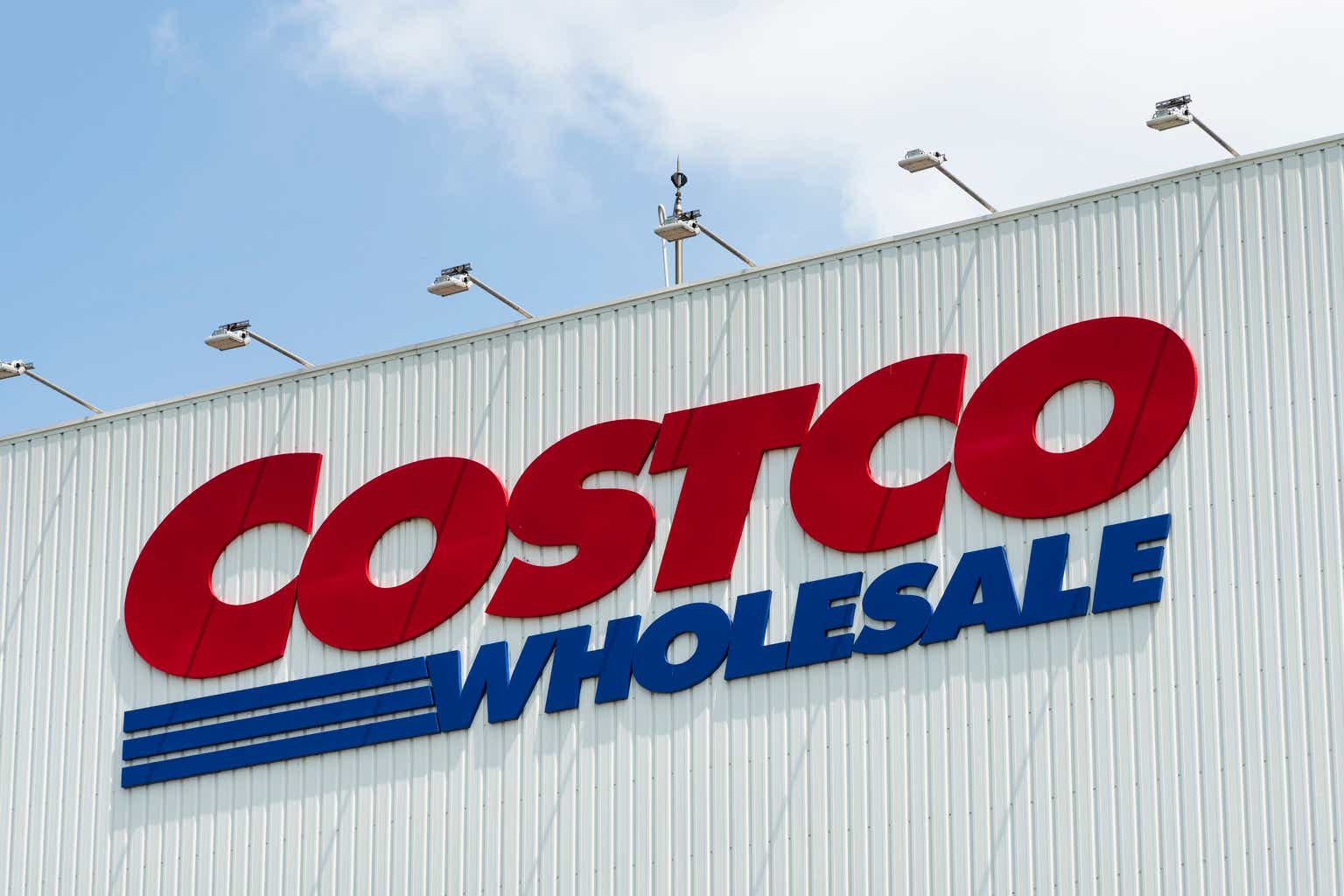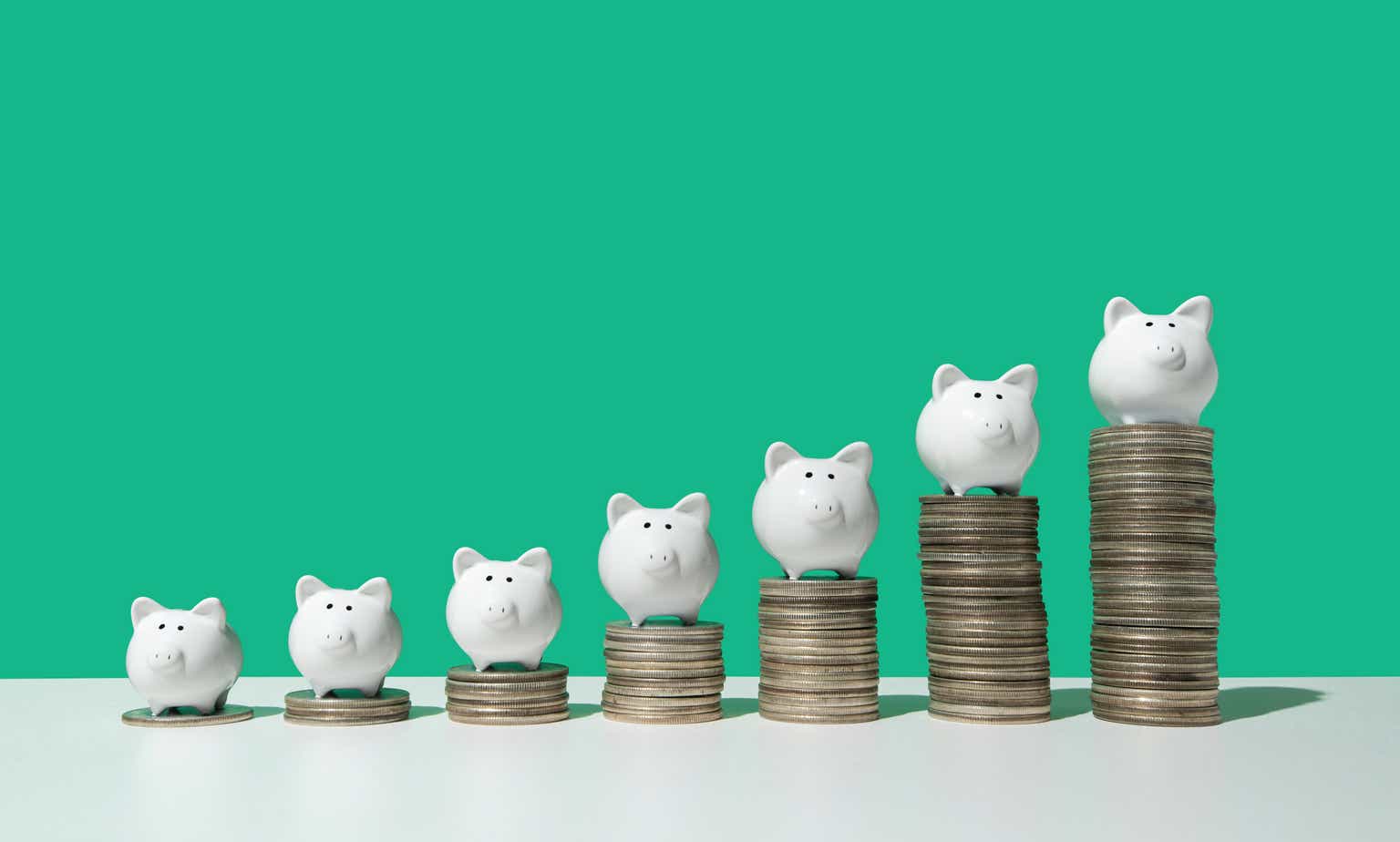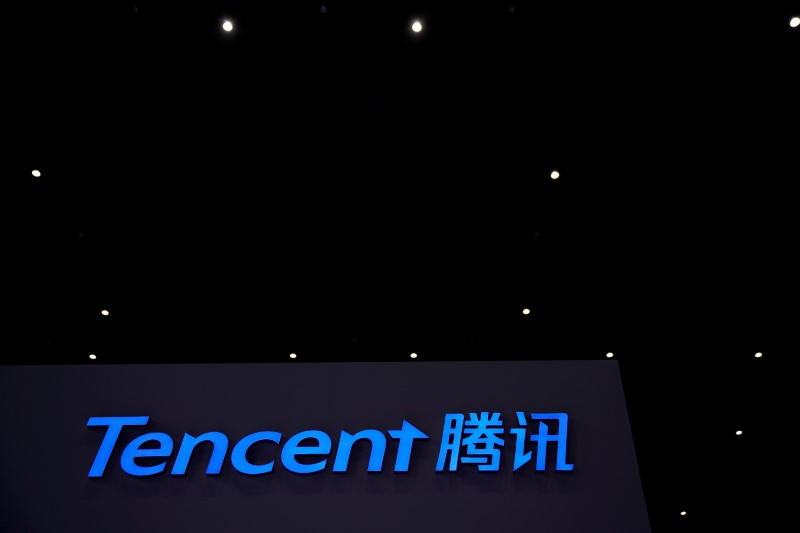Recommerce is paving the way for a more sustainable future—B-Stock, buyers, and sellers all play a role in making it happen. In short, recommerce is resale—and it’s booming. Some huge brands are already adopting more sustainable practices to promote recommerce that you might recognize like Lululemon, Levi’s, Patagonia, IKEA, and Madewell. In fact, brands with resale programs increased 275% from 2020.
At B-Stock, we celebrate every day like it’s Earth Day! But it’s nice to reflect on a year of sustainability and the impact we’ve made, together.
What is Recommerce?
Recommerce, also known as reverse commerce or re-commerce, refers to the process of buying and selling second-hand or used goods. This can include anything from clothing and electronics to furniture and appliances.
The goal of recommerce is to extend the life cycle of products and reduce waste, rather than disposing of them in landfills. By extending the life cycle of products, recommerce can also help conserve resources and reduce greenhouse gas emissions associated with manufacturing new products. Additionally, recommerce can create job opportunities and contribute to the local economy thanks to the rise in independent brick-and-mortar and online resale businesses.
In short, recommerce helps to promote a more circular economy!
B-Stock & Sustainability
B-Stock specializes in recommerce as a service. Nine of the top 10 U.S. retailers are currently using B-Stock to sell their returned and overstock merchandise directly to thousands of approved, business buyers.
In fact, in 2022 alone 120 million items were sold across the B-Stock recommerce platform. To clarify, that’s nearly 439 million pounds of merchandise kept in use!
What does recommerce look like by category?
Our recommerce platform is split into tons of categories. Some top reselling categories include home & garden, appliances, apparel, consumer electronics, and mobile. In addition to that, there are different product conditions like overstock and customer returns. Even salvage inventory finds a home with our buyers!
Let’s take a closer look at how each category reflects in a circular economy:
Apparel
In the United States, there are more than 100 pounds of textile waste per person each year. (EPA)
B-Stock sold 32 million articles of clothing into the recommerce market.
Apparel is consistently ranked as one of the most popular gifting categories. Women’s, men’s, and children’s apparel, as well as activewear, footwear, and more, make up this category.
Consumer Electronics
Every year, 53.6 million metric tons of e-waste are produced worldwide. (United Nations)
B-Stock gave 6.6 million consumer electronics & cell phones a 2nd and 3rd life. That’s over 4.5 million pounds!

Thanks to new model releases and trade-in programs, consumer electronics is a behemoth category. This includes computers, laptops, monitors, speakers, gaming consoles, controllers, fitness trackers, smartwatches, and more.
Home & Garden
Over 10 million home & garden items were sold on B-Stock.

Home & garden is a category that is in demand year-round. And it’s not just home decor items, but also tools, hardware, kitchen & bath, outdoor patio sets, small appliances, flooring, and more.
Appliances
B-Stock sold over 680,000 major appliance units in 2022.

The ‘Big 5’ appliances found on B-Stock include washers, dryers, refrigerators/freezers, dishwashers, and ovens/stoves/cooktops.
Check out our Earth Day 2023 infographic for more sustainability metrics!
If you’re a business ready to start sourcing inventory with a focus on sustainability, why not start with liquidation inventory? And for sellers, consider using B-Stock as a profitable, inventory management solution. Together, we can amplify recommerce efforts and save millions more products from landfills.


